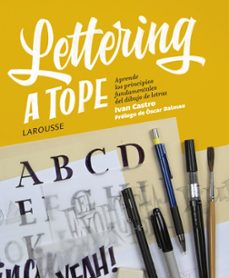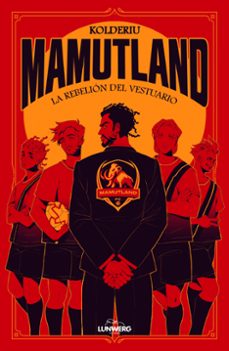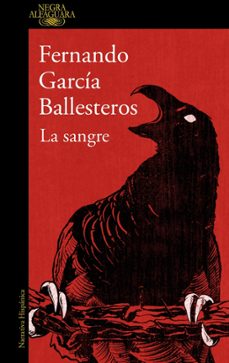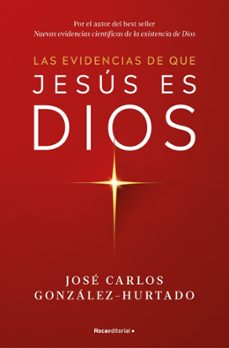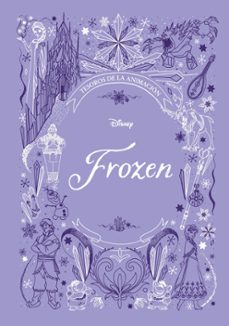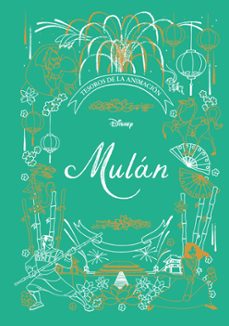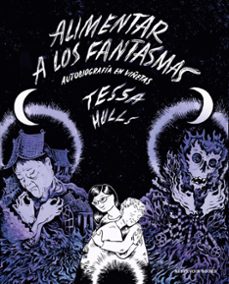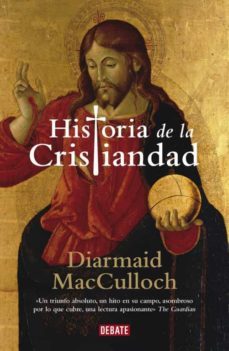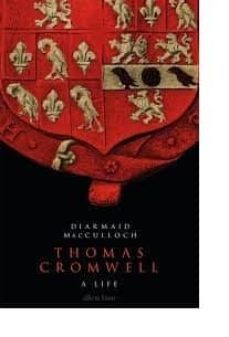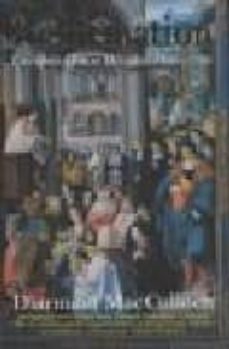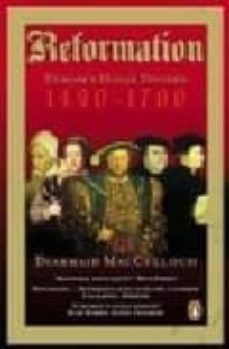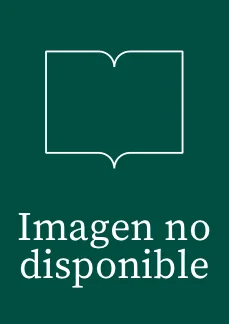Imprescindibles
Ficción
No Ficción
Ciencias y tecnología Biología Ciencias Ciencias naturales Divulgación científica Informática Ingeniería Matemáticas Medicina Salud y dietas Filología Biblioteconomía Estudios filológicos Estudios lingüísticos Estudios literarios Historia y crítica de la Literatura
Humanidades Autoayuda y espiritualidad Ciencias humanas Derecho Economía y Empresa Psicología y Pedagogía Filosofía Sociología Historia Arqueología Biografías Historia de España Historia Universal Historia por países
Infantil
Juvenil
#Jóvenes lectores Narrativa juvenil Clásicos adaptados Libros Wattpad Libros Booktok Libros de influencers Libros de Youtubers Libros Spicy Juveniles Libros LGTBIQ+ Temas sociales Libros ciencia ficción Libros de acción y aventura Cómic y manga juvenil Cómic juvenil Manga Shonen Manga Shojo Autores destacados Jennifer L. Armentrout Eloy Moreno Nerea Llanes Hannah Nicole Maehrer
Libros de fantasía Cozy Fantasy Dark academia Hadas y Fae Romantasy Royal Fantasy Urban Fantasy Vampiros y hombres lobo Otros Misterio y terror Cozy mistery Policiaca Spooky Terror Thriller y suspense Otros
Libros románticos y de amor Dark Romance Clean Romance Cowboy Romance Mafia y amor Romance dramatico Romcom libros Sport Romance Otros Clichés Enemies to Lovers Friends to Lovers Hermanastros Slow Burn Fake Dating Triángulo amoroso
Cómic y manga
Novela gráfica Novela gráfica americana Novela gráfica europea Novela gráfica de otros países Personajes, series y sagas Series y sagas Star Wars Superhéroes Cómics DC Cómics Marvel Cómics otros superhéroes Cómics Valiant
eBooks
Literatura Contemporánea Narrativa fantástica Novela de ciencia ficción Novela de terror Novela histórica Novela negra Novela romántica y erótica Juvenil Más de 13 años Más de 15 años Infantil eBooks infantiles
Humanidades Autoayuda y espiritualidad Ciencias humanas Economía y Empresa Psicología y Pedagogía Filosofía Historia Historia de España Historia Universal Arte Cine Música Historia del arte
Ciencia y tecnología Ciencias naturales Divulgación científica Medicina Salud y dietas Filología Estudios lingüísticos Estudios literarios Historia y crítica de la Literatura Estilo de vida Cocina Guías de viaje Ocio y deportes
Diarmaid MacCulloch
Recibe novedades de DIARMAID MACCULLOCH directamente en tu email
Filtros
Del 1 al 6 de 6
DEBATE 9788499920122
Una obra que se ocupa de la Cristiandad de manera universal, desde sus orígenes en el judaísmo y siguiendo los principales ejes de la fe cristiana, de corte clásico, que sigue cronológicamente la evolucion del cristianismo y sus ramificaciones. Gracias a su tematica, el lector actual conocera cuestiones casi olvidadas acerca del mensaje de Jesus y la compilacion del Nuevo Testamento, asi como su difusion por todos los rincones del mundo: Africa, Asia, America o Europa. Es un libro que aborda toda su historia intelectual, sin olvidarse de monjes y cruzados, santos y herejes, traficantes de esclavos y abolicionistas. Vivimos una epoca de intensa conciencia religiosa, salpicada de actos violentos que se cometen en nombre de Dios y donde creyentes y no creyentes cuestionan valores como la religion y la tradicion.
Ver más
Tapa dura
ALLEN LANE THE PENGUIN PRESS 9781846144295
Thomas Cromwell is one of the most famous - or notorious - figures in English history. Born in obscurity in Putney, he became a fixer for Cardinal Wolsey in the 1520s. After Wolsey's fall, Henry VIII promoted him to a series of ever greater offices, and by the end of the 1530s he was effectively running the country for the King. That decade was one of the most momentous in English history: it saw a religious break with the Pope, unprecedented use of parliament, the dissolution of all monasteries. Cromwell was central to all this, but establishing his role with precision, at a distance of nearly five centuries and after the destruction of many of his papers at his own fall, has been notoriously difficult.Diarmaid MacCulloch's biography is much the most complete and persuasive life ever written of this elusive figure, a masterclass in historical detective work, making connections not previously seen. It overturns many received interpretations, for example that Cromwell was a cynical, 'secular' politician without deep-felt religious commitment, or that he and Anne Boleyn were allies because of their common religious sympathies - in fact he destroyed her. It introduces the many different personalities of these foundational years, all conscious of the 'terrifyingly unpredictable' Henry VIII. MacCulloch allows readers to feel that they are immersed in all this, that it is going on around them.For a time, the self-made 'ruffian' (as he described himself) - ruthless, adept in the exercise of power, quietly determined in religious revolution - was master of events. MacCulloch's biography for the first time reveals his true place in the making of modern England and Ireland, for good and ill.
Ver más
Tapa dura
ALLEN LANE THE PENGUIN PRESS 9780713993707
Diarmaid MacCulloch's magnificent new history is the most authoritative and wide-ranging account of these epochal and often bloody events. He brilliantly describes the changing late medieval world into which Luther, Calvin and the other reformers erupted. He proposes an original new understanding of the often confusing origins of the exceptionally violent disagreements that divided men and women of the sixteenth and seventeenth centuries - disagreements for which they were prepared to kill and be killed. He examines the personalities of the leading Reformers and their opponents, and the mix of ideas, prejudices and accidents that shaped the various versions of Protestantism and Catholicism. He illuminates the complex battles between religious and secular powers, and shows how the resolution of these conflicts eventually redrew the map of Europe. He ends with the Enlightenment: a movement that would not have been possible without the Reformation, but which denied many of its most dearly held assumptions.
Ver más
Tapa blanda
PENGUIN 9780140285345
The Reformation was the seismic event in European history over the past 1000 years, and one which tore the medieval world apart. Not just European religion, but thought, culture, society, state systems, personal relations - everything - was turned upside down.
Ver más
Tapa blanda
Del 1 al 6 de 6
